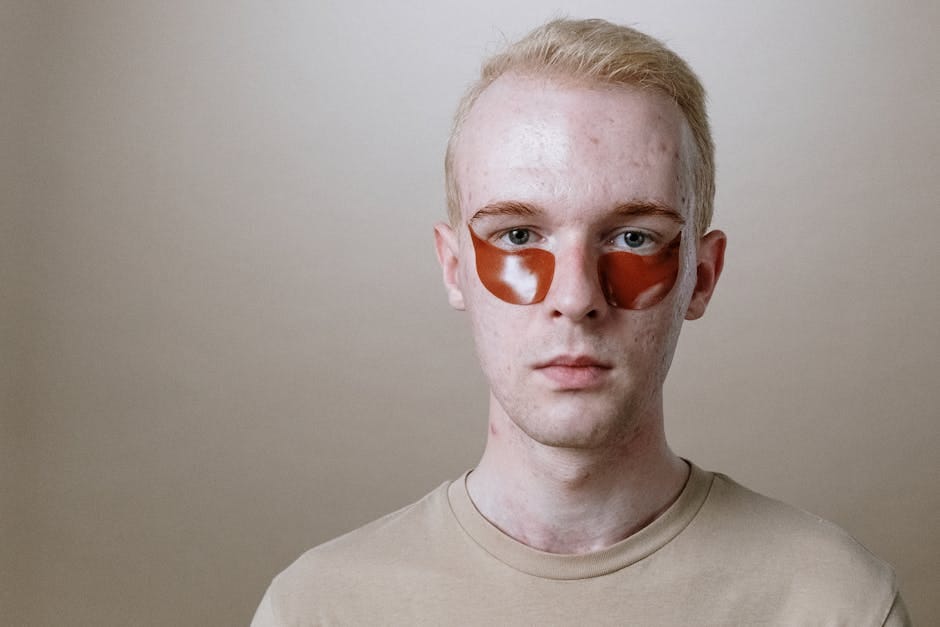Acne is a common skin condition that affects millions of people worldwide. It can range from mild to severe and can impact self-esteem and confidence. Fortunately, various treatments are available to help manage and clear acne, ranging from over-the-counter options to prescription medications. This blog post will explore seven proven acne treatments to help you achieve clearer skin.
One of the most accessible and affordable acne treatments is benzoyl peroxide. This over-the-counter ingredient works by killing acne-causing bacteria and helping to unclog pores. It's available in various forms, such as gels, creams, and washes. Start with a lower concentration to minimize potential irritation and gradually increase as needed.
Salicylic acid is another effective over-the-counter treatment. It helps exfoliate the skin, removing dead skin cells that can contribute to clogged pores. Like benzoyl peroxide, it comes in various formulations. Be mindful of potential dryness and adjust usage accordingly.
Retinoids, derived from vitamin A, are a cornerstone of acne treatment. They work by increasing skin cell turnover, preventing clogged pores and reducing inflammation. Retinoids are available by prescription and over-the-counter, with prescription-strength formulations being more potent. Start slowly and be aware of potential initial dryness and irritation.
For more severe acne, oral antibiotics may be prescribed by a dermatologist. These medications help reduce inflammation and kill acne-causing bacteria from within. Antibiotics are typically used for a specific period and may be combined with other topical treatments.
Another prescription option for moderate to severe acne is oral contraceptives. Certain birth control pills can help regulate hormones that contribute to acne development. This treatment is specifically for women and requires a consultation with a dermatologist or gynecologist.
For cystic or nodular acne, a dermatologist may recommend isotretinoin. This powerful oral medication is highly effective but comes with potential side effects. Close monitoring by a dermatologist is essential during treatment.
In addition to these medical treatments, certain lifestyle changes can support clear skin. Maintaining a healthy diet, managing stress, and practicing good skincare habits, such as cleansing and moisturizing, can contribute to overall skin health and reduce acne breakouts.
Remember, finding the right acne treatment may require some experimentation. Consulting with a dermatologist is always recommended, especially for persistent or severe acne. They can help determine the underlying causes of your acne and recommend the most effective treatment plan for your specific needs.

